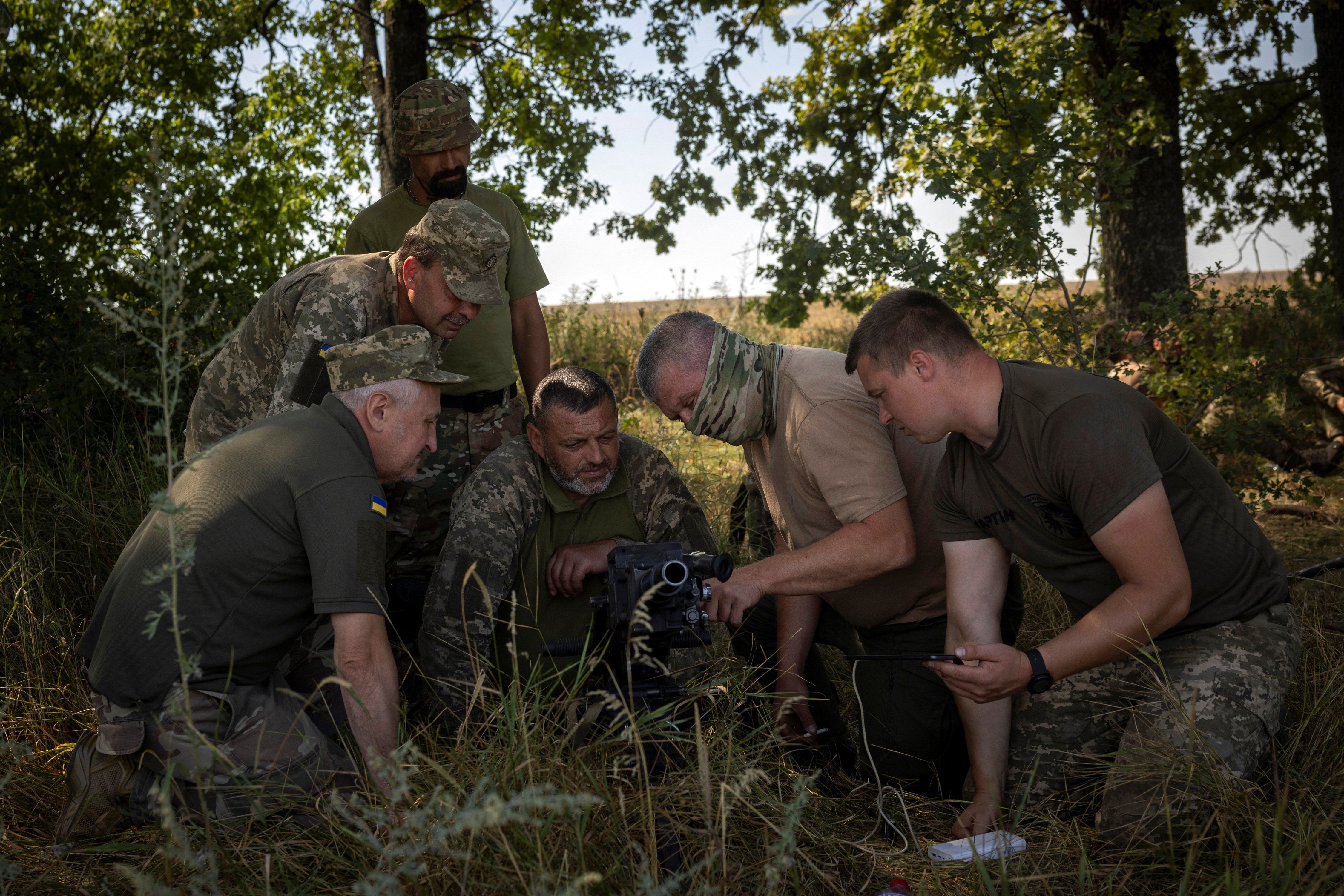Nearly two weeks after launching the first invasion of Russia since World War II, Ukrainian President Volodymyr Zelensky says he has a new purpose in mind: to create a “buffer zone on the aggressor’s territory.”
In plain English that means controlling territory that would prevent, or impede, Russia’s ability to launch its cross-border attacks on Ukraine.
Zelensky’s comments Sunday came as his troops blew up a second major bridge in the Kursk region of Russia, which borders Ukraine.
Russia has not been able to expel the Ukrainians so far, but Moscow also has not called back large numbers of troops from the main front in Eastern Ukraine, where Russian forces are advancing on the strategic city of Pokrovsk.
Narrative control. In the long term, the Kursk operation may help bolster Kyiv’s position in any future peace talks with Russia, as a reminder of Ukraine’s capabilities.
But in the more immediate term, it’s about something else, according to Tinatin Japaridze, a regional analyst at Eurasia Group.
“Kyiv is managing to inflict psychological pressure on Russia and boost the morale of its own forces and the public back home in Ukraine,” she says.
“It’s too soon to tell whether the operation will be justified both militarily and politically, but the optics have changed, and Ukraine is in many ways controlling the narrative right now.”
